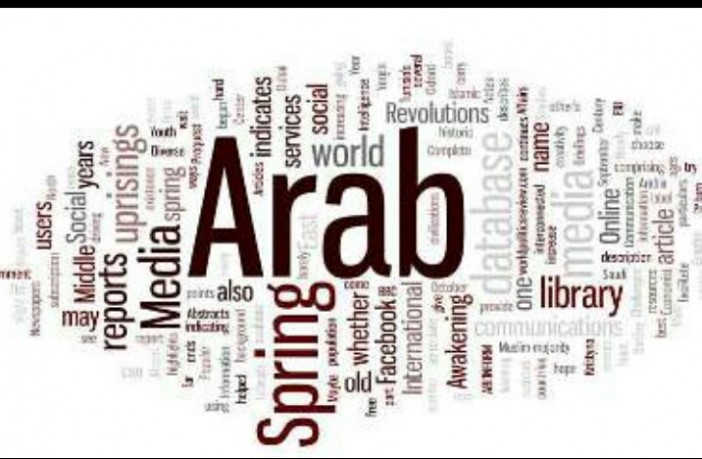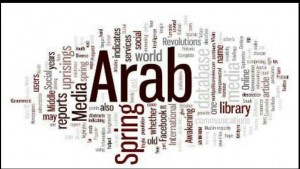Dick Toornstra is the director at the Office for Promotion of Parliamentary Democracy (OPPD) in the European Parliament. Since 2008, the OPPD supports new and emerging democracies, providing them with assistance and advise to improve their democratic institutions. Toornstra spoke to EurActiv’s Samuel Doveri Vesterbye.
Having witnessed the Arab Spring, could you explain what some of the most rewarding and challenging aspects of working with South Mediterranean countries like Egypt and Tunisia, pre- and post-revolution?
For me, the OPPD, but also for the European Parliament at large, one of the most rewarding aspects of working with the Southern Mediterranean countries is the fact that we work for and on behalf of citizens, the people. In that sense the popular revolts of the Arab Spring brought to the fore – in the MENA region, but also here in Europe, and the world more widely -the realisation that politics is and must be about the people. And that realisation naturally put parliaments at the core of politics and the political systems.
The second element is that precisely because the European Parliament is the only democratically elected institution of the EU, it has always been he forefront of calling, pushing and fighting for democratic changes, defending human rights activists, the rule of law, basic human dignity.
How does your office see the Arab Spring – what sparked these revolutions?
The Arab Spring was, and is about human dignity. About putting citizens, people at the heart of politics and policies. It was and is about equality of opportunities, and about equality before the law. Of course, there is also a specific context of demographics, economic slow-down, unemployment, corruption, detachment or sense of impunity of the political establishment. But in essence, it was about putting citizens, as sovereigns, back at the heart of politics.
Who played the most significant role throughout the Arab world – Islamists, civil society or the military?
Of course it is impossible to say that one was the most significant. All three played some part, positive and negative, as did others – the media, international community, etc. There was also a wider context, something we just mentioned earlier, which needs to be taken into account. But again, and not because my professional career and heart are so closely linked to the parliament and parliamentary democracy, but because I genuinely believe it – the most important were the citizens who found the courage, rediscovered their civic duty to their communities, and came out of the shadow of fear, spoke out and stood up to injustice.
Security and stability remain vital tools for successful post-revolutions. How have these two factors played a role in the Arab Spring scenario?
Security and stability, as much as economic and financial assistance are all elements that are key to ensuring that democratic aspirations of the people, that democracy as a political system, that democratic practice will last over time. That they will take root, flourish, strengthen and grow. Those elements are crucial, but in fact complementary to democracy. They can never be seen as an alternative to democratic practice. That is a false alternative, and the Arab Spring stands as proof of that. Security and prosperity – when detached from democracy – were not sustainable. It is for parliaments to exercise control over the security forces, a difficult exercise in all countries let alone in those of the Mena [Middle East and North Africa region].
What helps create the EU’s positive image abroad?
EU’s commitment to fundamental rights, to human dignity, commitment to keeping the citizens at the heart of politics – is the key source of our credibility. And here, the European Parliament has played and continues to play an immense role. Outside the EU many countries feel that in partnering with Brussels they will not find themselves surprised by a “hidden agenda”. The success of the European model, as demonstrated over the last 60 years or so, is tangible proof to them that it is possible to overcome poverty, to respect each other, to invest in dignity and to forget about century old animosities.
The Arab Spring has also been a wake-up call for us as it showed that in spite of that tangible success inside the EU we have not always been as coherent and consistent in our foreign relations. The “more for more” approach, strongly supported by the EP, is one of the consequences of that wake-up call. And over the long term, EU’s ability – which requires a wise mix of all policies – to help root and strengthen democracy will be a crucial factor in determining our “historical” image.








